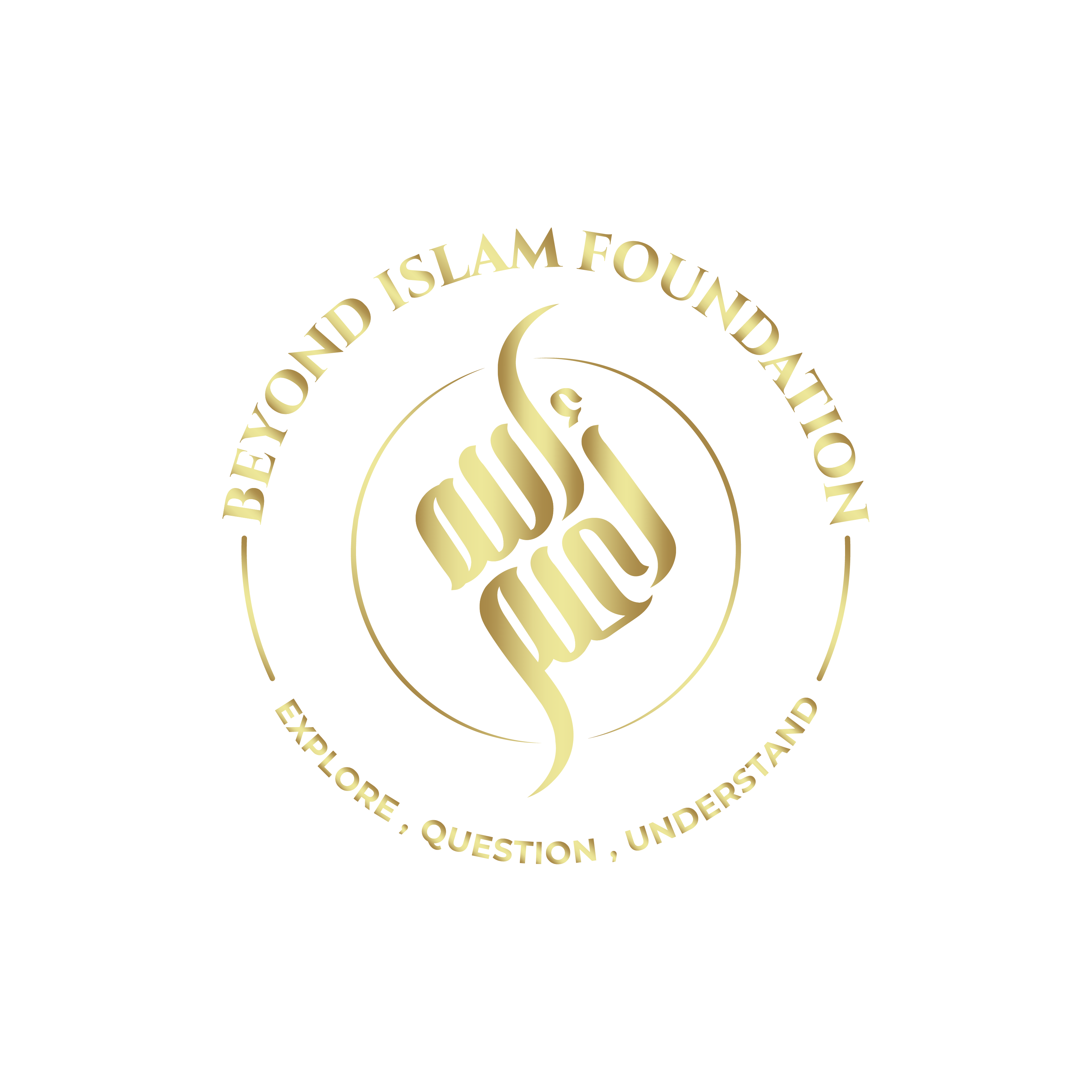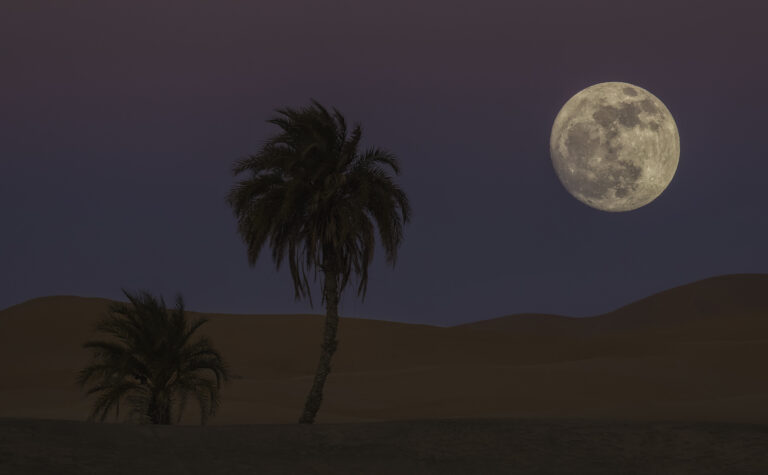Introduction: The Quran Declares Its Own Completeness
Allah makes it clear in the Quran that His revelation is complete, sufficient, and self-contained. Despite historical attempts to add or modify religious understanding, the Quran asserts its own finality, leaving no room for external additions or interpretations outside of what Allah has revealed.
📖 “If all the oceans were ink for the words of my Lord, the oceans would run dry before the words of my Lord are exhausted, even if We were to add a similar amount of ink.” (Quran 18:109)
This article explores how the Quran defines itself as fully complete, why no external sources (such as hadith and tafsir) are required, and how wisdom and nature confirm its divine origin.

1. The Quran Affirms Its Own Completeness
Allah has explicitly stated that His guidance is comprehensive and nothing has been omitted:
📖 “We have omitted nothing from this Book.” (Quran 6:38)
📖 “This is a complete Book, in which nothing is lacking.” (Quran 16:89)
📖 “And the word of your Lord has been perfected in truth and justice. No one can change His words.” (Quran 6:115)
💡 What does this mean?
✅ The Quran is perfect in its linguistic, theological, and practical completeness. There is no need for additional books, hadith, or commentaries.
✅ Allah guarantees its sufficiency. If anything essential were missing, Allah would have mentioned it in the Quran.
✅ The argument that hadith or historical tafsir are needed contradicts Allah’s own statement that His Book is complete.
🔹 Objection: “The Prophet’s Hadith Explain the Quran”
- Many argue that hadith explain the Quran, but Allah says the Quran explains itself:
📖 “We have sent down to you the Book as a clarification for all things.” (Quran 16:89) - If the hadith were essential for understanding the Quran, why doesn’t Allah command their preservation? Instead, the Quran warns against following additional sources (45:6).
2. The Quran Provides Both Literal and Allegorical Messages
📖 “He is the One Who has sent down to you the Book. Some of its verses are clear – these are the foundation of the Book – while others are allegorical. Those with deviant hearts follow the allegorical, seeking confusion and their own interpretation. But no one knows their true meaning except Allah and those deeply rooted in knowledge.” (Quran 3:7)
💡 What do we learn from this?
✅ The Quran contains both clear and allegorical verses, meaning not everything is black and white.
✅ Those deeply rooted in knowledge (the wise) understand its message—not those who blindly follow traditions.
✅ Misinterpretation arises when people seek hidden meanings instead of following the clear message.
🔹 Who Are the Wise?
📖 “Those who listen to what is said and follow the best of it. They are the ones whom Allah has guided, and they are the people of understanding.” (Quran 39:18)
📖 “And none will take heed except those who possess knowledge and understanding.” (Quran 36:11)
✅ True wisdom comes from understanding both revelation and nature.
✅ Blindly following tradition without critical thinking is NOT wisdom.
📖 “And when it is said to them: Follow what Allah has revealed, they say: No, we follow what we found our forefathers upon. Even if their forefathers understood nothing and were not rightly guided?” (Quran 2:170)
3. The Role of Nature in Confirming the Quran
📖 “Indeed, in the creation of the heavens and the earth, and the alternation of night and day, are signs for those of understanding.” (Quran 3:190)
📖 “He has raised the heavens without pillars, as you can see, and He has firmly anchored the earth with mountains, so that it does not shake with you. And He has spread all kinds of creatures upon it.” (Quran 31:10)
💡 What do we learn from this?
✅ Nature itself is a revelation. Those who understand natural order will understand the Quran better.
✅ The wise recognize that the Quran and the universe are in harmony.
✅ If Allah’s creation is self-sustaining without human additions, why would His revelation require human modifications?
4. Addressing the Argument for Hadith
📖 “My people have abandoned this Quran.” (Quran 25:30)
One of the strongest warnings in the Quran is that people would abandon the Quran in favor of external sources.
💡 Hadith followers argue that the Prophet’s sayings are needed to explain the Quran, but:
✅ The Quran is already clear and self-explanatory.
✅ The Prophet himself followed only the Quran (46:9, 6:50).
✅ Hadith compilations came centuries later and were subject to human error and political manipulation.
📖 “These are the verses of Allah which We recite to you in truth. Then in what statement after Allah and His verses will they believe?” (Quran 45:6)
🔹 Final Question: If the Quran is enough, why do people insist on additional sources?
5. Conclusion: The Quran Is the Only Necessary Book
🔥 The Quran is complete, self-sufficient, and directly protected by Allah.
🔥 Human distortions, misinterpretations, and sectarian dogmas are unnecessary.
🔥 Those who understand both the Quran and nature will understand the truth.
📌 What does this mean for us?
✅ We do not need to rely on hadith or human interpretations.
✅ The wisdom of the Quran is only accessible to those who truly reflect.
✅ We must return to the pure message without historical misinterpretations, cultural influences, or sectarian biases.
🚀 Beyond-Islam.org is dedicated to this pure quest for truth. 🚀
💡 Next Steps:
- A follow-up article could explore how sectarian movements have distorted the Quran’s message.
- Another could examine the true role of the Prophet according to the Quran alone.
📖 “And We have certainly made the Quran easy for remembrance, so is there anyone who will remember?” (Quran 54:17)




